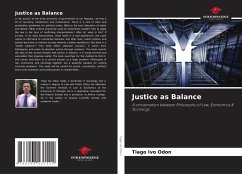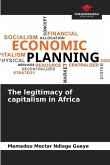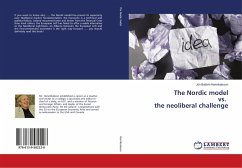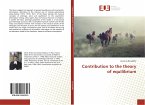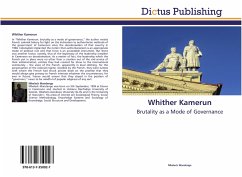In the actions of the three branches of government of our Republic, we find a lot of casuistry, intuitionism and incoherence. There is a lack of clear and predictable guidelines for political action. What is the best allocation of rights and duties? What criteria should be used to redistribute wealth? How to apply the law in the face of conflicting interpretations? After all, what is fair? If society, in its daily transactions, finds itself in a bad equilibrium, the state needs to intervene to coordinate behavior and offer laws, public policies and judicial decisions to redirect society towards a better equilibrium. But what is a "better balance"? This book offers objective answers. It starts from Pythagoras and seeks to decipher justice through numbers. The book revisits the idea of the ancient Greeks that justice is balance, it is measurement and calculation that organize reality. The book searches for the method to find it, and shows that there is a correct answer to a legal problem. Philosophy of law, economics and sociology together are a powerful weapon for solving concrete problems. This book will be useful for jurists, economists, political and social scientists and professionals in related fields.
Bitte wählen Sie Ihr Anliegen aus.
Rechnungen
Retourenschein anfordern
Bestellstatus
Storno

